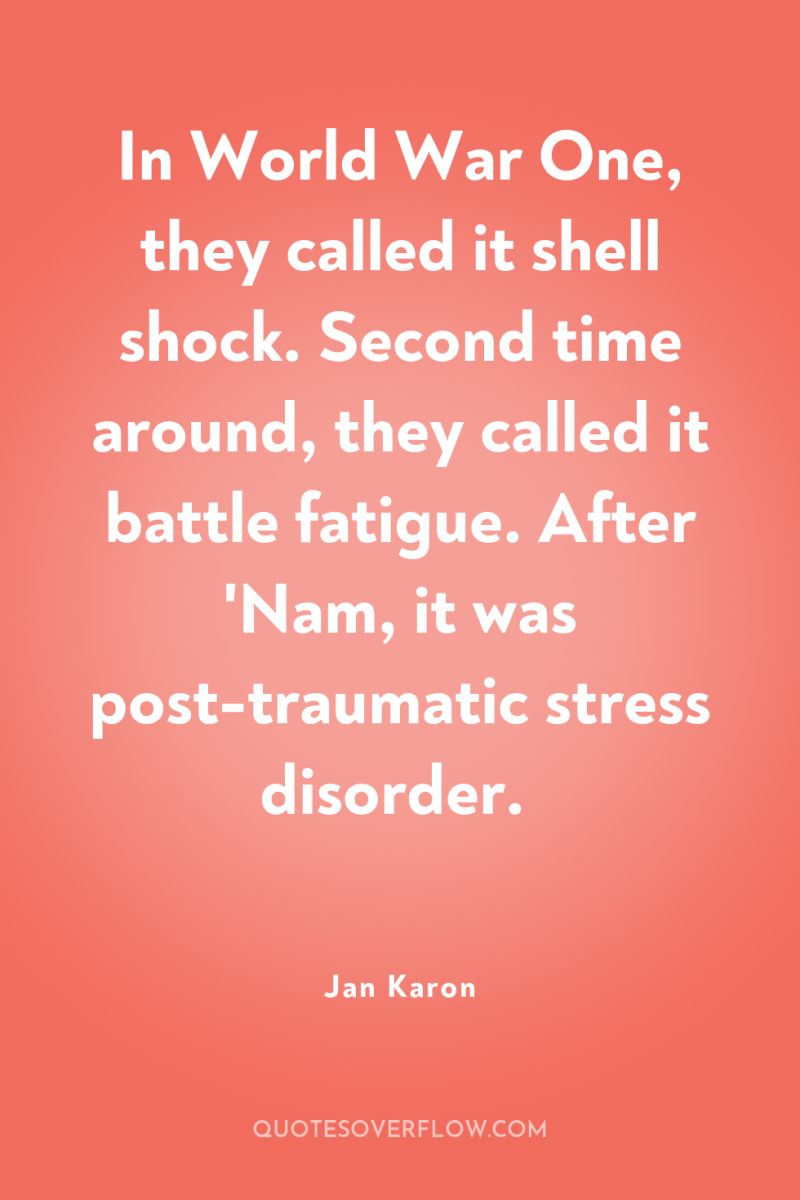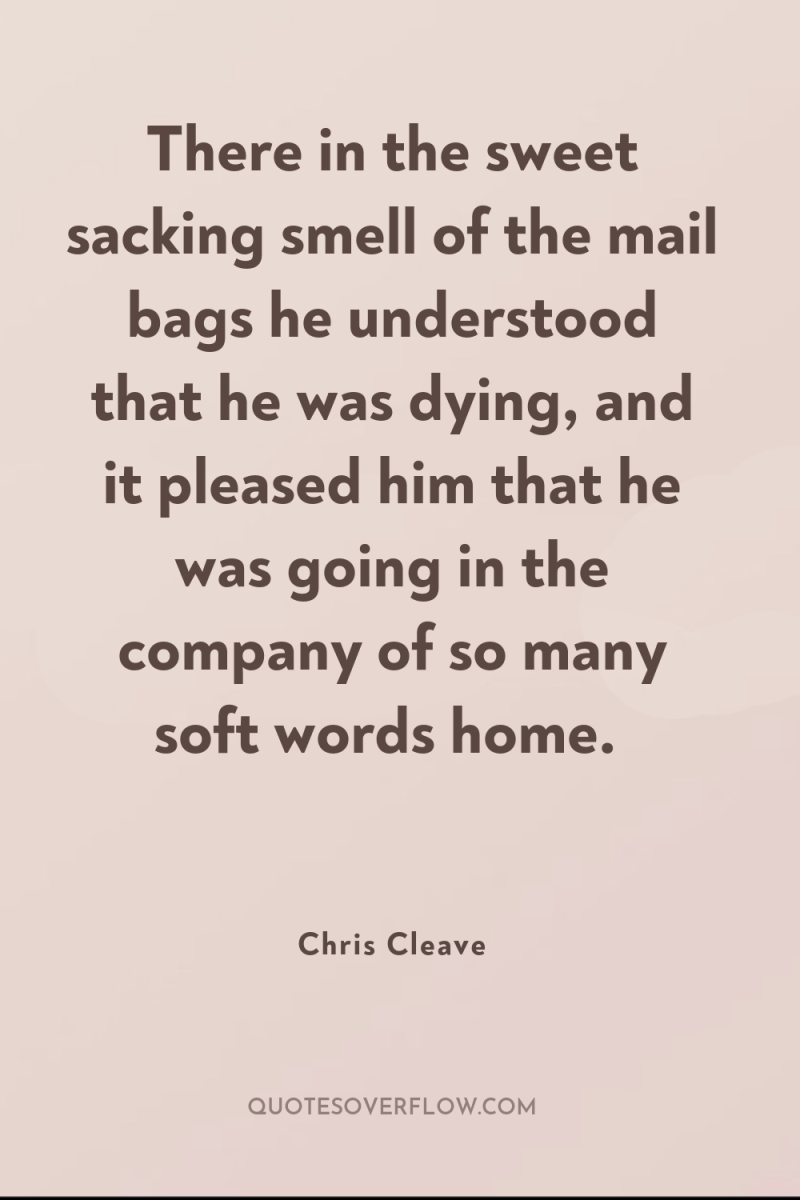1
Some people like the Jews, and some do not. But no thoughtful man can deny the fact that they are, beyond any question, the most formidable and most remarkable race which has appeared in the world.– Winston S. ChurchillEllen Brazer

2
Sonetimes the hardest person to forgive is yourself.Sarah Sundin
3
When Hitler marched across the RhineTo take the land of France, La dame de fer decided, ‘ Let’s make the tyrant dance.’ Let him take the land and city, The hills and every flower, One thing he will never have, The elegant Eiffel Tower.The French cut the cables, The elevators stood still, ‘ If he wants to reach the top, Let him walk it, if he will.’ The invaders hung a swastika The largest ever seen. But a fresh breeze blew And away it flew, Never more to be seen. They hung up a second mark, Smaller than the first, But a patriot climbed With a thought in mind:‘ Never your duty shirk.’ Up the iron lady He stealthily made his way, Hanging the bright tricolour, He heroically saved the day. Then, for some strange reason, A mystery to this day, Hitler never climbed the tower, On the ground he had to stay. At last he ordered she be razed Down to a twisted pile. A futile attack, for still she stands Beaming her metallic smile.E.a. Bucchianeri
4
Darwinism by itself did not produce the Holocaust, but without Darwinism... neither Hitler nor his Nazi followers would have had the necessary scientific underpinnings to convince themselves and their collaborators that one of the worlds greatest atrocities was really morally praiseworthy.Richard Weikart

5
In World War One, they called it shell shock. Second time around, they called it battle fatigue. After 'Nam, it was post-traumatic stress disorder.Jan Karon
6
How goddamn foolish it is, the war. They's no war in the worth that's worth fightin' for. I don't care where it is. They can't tell me any different. Money, money is the thing that causes it all. I wouldn't be a bit surprised that the people that start wars and promote 'em are the men that make the money, make the ammunition, make the clothing and so forth. Just think of the poor kids that are starvin' to death in Asia and so forth that could be fed with how much you make one big shell of. ~Alvin "Tommy" Bridges .Studs Terkel

7
I suppose we ought to be getting home, in any case.”“ Oh god, is it wartime already?”“ Look on the bright side: it’ll be dinner when we get back.Chris Cleave
8
Her mother set to with the hairbrush again. “But would that be so awful, darling? To be the prettiest thing in Brimscombe-and-Thrupp?”“I should rather die.”“ You nearly did.”“ Yes, but I tend to blame the Germans.Chris Cleave

9
There in the sweet sacking smell of the mail bags he understood that he was dying, and it pleased him that he was going in the company of so many soft words home.Chris Cleave
10
Today a great shot for freedom was heard. I think it stands a chance of being heard forever. It marls a turning point in the history of the Jewish people. The beginning of the return to a statues of dignity we have not known for two thousand years. Yes, today was the first step back. My battle is done. Now I turn the command over to the soldiers.Leon Uris
11
The American and British soldiers who liberated the dying inmates from camps in Germany believed that they had discovered the horrors of Nazism. The images their photographers and cameramen captured of the corpses and the living skeletons at Bergen-Belsen and Buchenwald seemed to convey the worst crimes of Hitler..this was far from the truth. The worst was in the ruins of Warsaw, or the fields of Treblinka, or the marshes of Belarus, or the pits of Babi Yar.Timothy Snyder
12
I can tell you that events were incremental, that the unbelievable became the believable and, ultimately, the normal.Ralph Webster
13
What a queer topsy turvy world it was. It used to be the man who went to the wars, the woman who stayed at home. But here the positions were reversed.Agatha Christie
14
He’s afraid, " Graber said." Yes, naturally. But he’s a good dog."" And a man-eater."" We’re all that."" Why?"" We are. And we think, just like that dog, that we are still good. And just like him we are looking for a bit of warmth and light and friendship.Erich Maria Remarque
15
He had made a vow, a private promise to the world in the long dark watches of the night, that if he did survive then in the great afterward he would always try to be kind, to live a good, quiet life. Like Candide, he would cultivate his garden. quietly. And that would be his redemption. Even if he could add only a feather to the balance it would be some kind of repayment for being spared. When it was all over and the reckoning fell due, it may be that he would be in need of that feather.Kate Atkinson
16
Nothing about these times makes any sense. Nothing. Putting it to words only makes it sound too simple.Ralph Webster
17
She loves him sobut he didn't stay. The wind can't blowthis storm away.Phoebe Stone
18
Then help us.”“ I don’t want to make trouble, Madame.”“Isn’t doing nothing a kind of troublemaking?”“ Doing nothing is doing nothing.”“ Doing nothing is as good as collaborating.” …“It’s not a person you wish to fight, Madame, it’s a system. How do you fight a system?”“ You try.Anthony Doerr
19
Treating Abuse Today (Tat), 3(4), pp. 26-33Freyd: I see what you're saying but people in psychology don't have a uniform agreement on this issue of the depth of -- I guess the term that was used at the conference was -- "robust repression." T A T: Well, Pamela, there's a whole lot of evidence that people dissociate traumatic things. What's interesting to me is how the concept of "dissociation" is side-stepped in favor of "repression." I don't think it's as much about repression as it is about traumatic amnesia and dissociation. That has been documented in a variety of trauma survivors. Army psychiatrists in the Second World War, for instance, documented that following battles, many soldiers had amnesia for the battles. Often, the memories wouldn't break through until much later when they were in psychotherapy. Freyd: But I think I mentioned Dr. Loren Pankratz. He is a psychologist who was studying veterans for post-traumatic stress in a Veterans Administration Hospital in Portland. They found some people who were admitted to Veteran's hospitals for postrraumatic stress in Vietnam who didn't serve in Vietnam. They found at least one patient who was being treated who wasn't even a veteran. Without external validation, we just can't know --TAT: -- Well, we have external validation in some of our cases. Freyd: In this field you're going to find people who have all levels of belief, understanding, experience with the area of repression. As I said before it's not an area in which there's any kind of uniform agreement in the field. The full notion of repression has a meaning within a psychoanalytic framework and it's got a meaning to people in everyday use and everyday language. What there is evidence for is that any kind of memory is reconstructed and reinterpreted. It has not been shown to be anything else. Memories are reconstructed and reinterpreted from fragments. Some memories are true and some memories are confabulated and some are downright false. T A T: It is certainly possible for in offender to dissociate a memory. It's possible that some of the people who call you could have done or witnessed some of the things they've been accused of -- maybe in an alcoholic black-out or in a dissociative state -- and truly not remember. I think that's very possible. Freyd: I would say that virtually anything is possible. But when the stories include murdering babies and breeding babies and some of the rather bizarre things that come up, it's mighty puzzling. T A T: I've treated adults with dissociative disorders who were both victimized and victimizers. I've seen previously repressed memories of my clients' earlier sexual offenses coming back to them in therapy. You guys seem to be saying, be skeptical if the person claims to have forgotten previously, especially if it is about something horrible. Should we be equally skeptical if someone says "I'm remembering that I perpetrated and I didn't remember before. It's been repressed for years and now it's surfacing because of therapy." I ask you, should we have the same degree of skepticism for this type of delayed-memory that you have for the other kind? Freyd: Does that happen? T A T: Oh, yes. A lot.David L. Calof
20
Lovely high ceilings, ' I said. 'If you were very tall, you'd feel quite comfortable in here.Phoebe Stone
21
Jim knew that he was awake and asleep at the same time, dreaming of the war and yet dreamed of by the war.J.G. Ballard
22
Here at great expense, ' [Colonel Groves] moaned to Oppenheimer, 'the government has assembled the world's largest collection of crackpots.Steve Sheinkin
23
The captain was amusing. He said that he himself couldn't draw and proved his words by drawing his own house for his prisoner to see. It was just such a house as the babies drew in the kindergarten: a square box with four square windows, a door and two chimneys, each with a neat curl of smoke. "That's best I can do, " said the Captain, laughing. Max laughed with him for politeness' sake, though inwardly he was shocked that an important man like the Captain made a fool of himself. "Vater does not draw, " he said kindly, "nor does Mutti; but they are both very keen on photography. Perhaps you are good at that?"" Not brilliant, " said the Captain. .Constance Savery
24
It is time for the international community to work for the creation of an independent Kurdistan as they did once for the Jews after the Holocaust. The current war against ISIS, which is perceived by many as World War Three, can be compared to World War Two. After horrible wars, great changes can be brought about for those who have suffered extreme injustice.Widad Akreyi
25
When the minds of men slip from realities to fantasies without thinking of the future consequences, then we must ponder. When the hearts of men are entangled with what though might seem great but yet, specious ambitions without pondering over the resulting footprints, then we ought to take precautions. When the hands of men unwittingly and for the sake of self-gratification find the right weapons and dexterity for the wrong purpose, then massacre and cruelties leave indelible footprints of sorrow and bitterness in the hearts of men. We shall always look back to the footprints of yesterday to say had we know if we don’t take a critical look at today’s footsteps. There is always an alternative that is better than good .Ernest Agyemang Yeboah
26
It was the economy that troubled most people prior to World War II. Europe, especially Germany, was dealing with a deep worldwide depression. Fascism was gaining a stronghold in Germany as well as in many other European countries. Although small and generally not popular, the Communist Party was the only organized group to stand in opposition to the Nazis. Small bands of these Communists occasionally attempted to disrupt the government by rioting in the streets. Occasionally gunfire would be heard, but very little could be done about it by a people that did not want to get involved. Hitler’s “Brown Shirts” were rapidly solidifying their position, and the Nazi Party was becoming stronger. Even though they frequently violated the National Constitution, they brought order to what had been chaos. The Treaty of Versailles, enacted after World War I, was hated by the German people, who felt that it suppressed them in a most demeaning way. However now Hitler was putting people to work building cars and an autobahn highway system that connected the larger cities. Modernization of airports and the development of a national railroad were all in violation of the imposed international regulations. Workers were again bringing paychecks home and could once more feed their families. Therefore, little thought was given to Hitler’s power grab. Germany was emerging from the dark era following World War I, and things were getting better. The Vaterland was regaining its strength, without regard to what France and other European countries thought.. After all, what could they, or would they, do about it?.Captain Hank Bracker